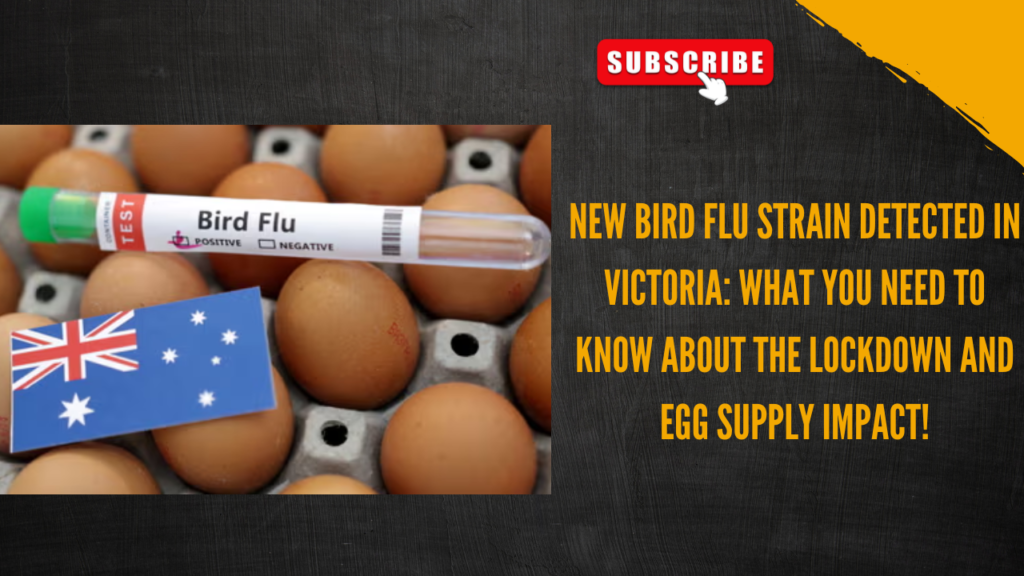
Avian influenza has been detected at a chicken farm in northern Victoria, prompting authorities to impose a lockdown at the facility. Agriculture Victoria confirmed on Saturday that CSIRO testing identified the highly pathogenic H7N8 strain of bird flu at a farm near Euroa. This strain is different from the one responsible for the culling of 2 million chickens in 2024, which disrupted Victoria’s egg supply. It is also distinct from the H5N1 strain that has caused widespread animal deaths globally and led to a fatal human case in the U.S. last month.
Agriculture Victoria personnel are currently on-site in the Strathbogie Shire, setting up a five-kilometre quarantine zone around the farm while investigating the outbreak.
Cameron Bell, Victoria’s Acting Chief Veterinarian, indicated that the outbreak was likely caused by wild birds transmitting the virus to the farm’s poultry. Despite the farm’s robust biosecurity protocols, the virus still managed to infect the chickens.
Wild birds, such as migratory ducks and geese, are known to carry over 140 strains of the virus and can spread it to farmed birds as they migrate.
Although human infections are possible when in direct contact with infected animals, Bell reassured the public that the risk to human health remains minimal. He also confirmed that eggs and poultry products are still safe to consume.
A press conference with the chief veterinarian is scheduled for Sunday morning in Bendigo.
The 2024 bird flu outbreak affected 16 farms across Victoria, New South Wales, and the Australian Capital Territory, resulting in the culling of millions of chickens, a major egg shortage, and supermarket rationing. The strain detected in Victoria has also been found in New South Wales’ Hawkesbury region in the past year.